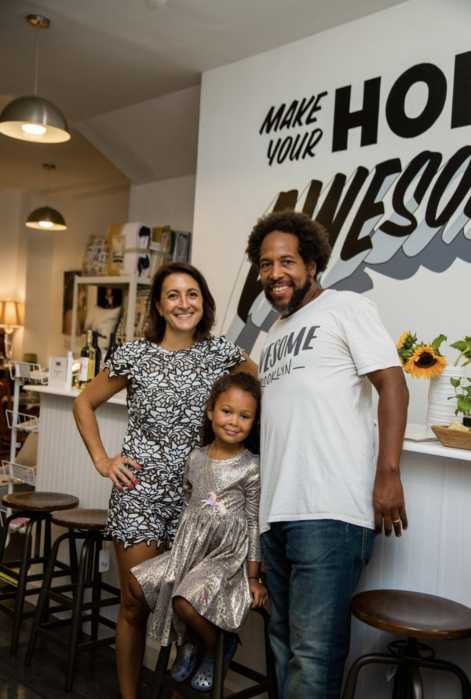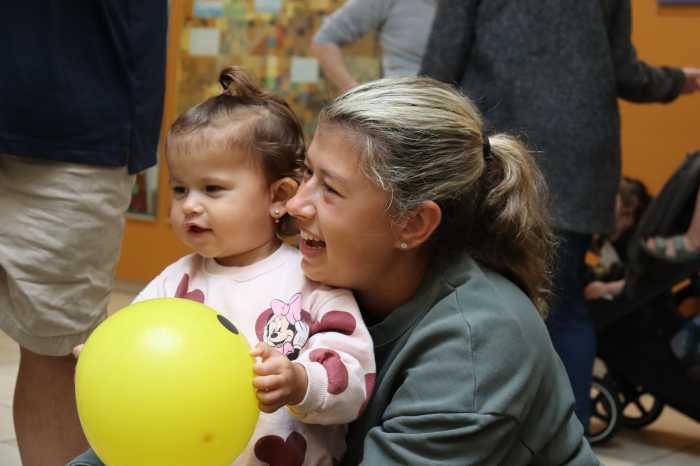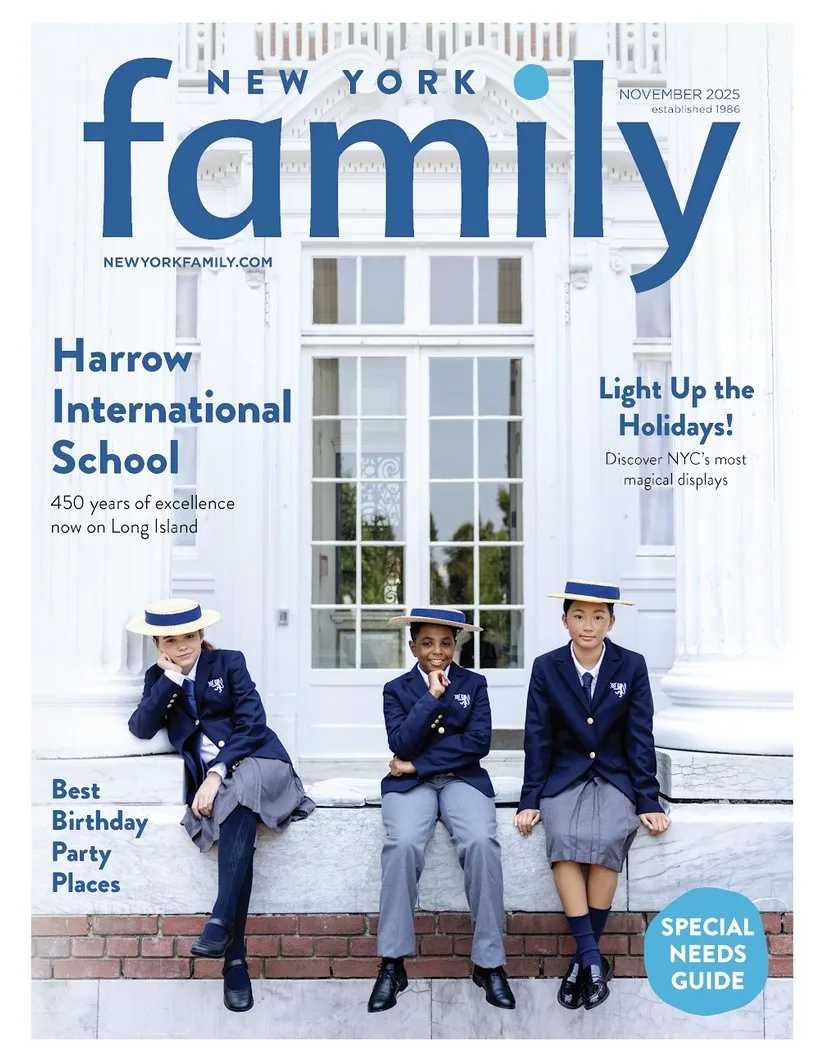 Developing early language skills is a critical component of your child’s success in school. In class, children must listen and process new information, communicate with peers and teachers, and express themselves clearly and effectively. Research tells us that children with strong language and communication skills are less likely to have challenges with reading and more likely to excel in school. Help your young child develop stronger language skills with the ideas detailed below.
Developing early language skills is a critical component of your child’s success in school. In class, children must listen and process new information, communicate with peers and teachers, and express themselves clearly and effectively. Research tells us that children with strong language and communication skills are less likely to have challenges with reading and more likely to excel in school. Help your young child develop stronger language skills with the ideas detailed below.
Ages 2-4
Read
First and foremost, read, read, read! The more you read to your child, the more exposure he has to language and the more this skill will improve. Try spending 20 minutes before bed reading to him or carve out a daily daytime reading window. Start with basic board books (especially those with rhyming patterns like “Brown Bear, Brown Bear” or “Chicka Chicka Boom Boom”), then graduate to longer books with more complex plots. You can try asking your child what he thinks the story will be about based on the cover, what he suspects may happen next, and why a character may feel happy or sad. The more you can engage your child in the reading material, the more progress you will see in his language and comprehension skills.
Scrapbook
For further language development, try making a scrapbook with your child containing different categories. Cut out images from magazines, newspapers, or the internet, and group them into categories such as “foods you can eat for dinner,” “things you can drive,” “pets,” “toys you can play with during the summer,” and so on. Help your child paste the images into the correct category, then have her describe them. For instance, she might assess the pictures she pasted in the “foods you can eat for dinner” category and say, “For dinner, I can eat spaghetti with meatballs, chicken with broccoli, or maccaroni and cheese. My favorite dinner is maccaroni and cheese!” For an added language bonus, have her paste together some silly pictures, like a cat sliding down a slide, a bunny playing basketball, or a deer eating cereal, then have her describe “what’s wrong” with the pictures.
Identifying Body Parts Game
To help build your young child’s vocabulary, play the Name-That-Body-Part game, where you start by selecting a body part (like ears) and describe what you can do with them, like “With my ears, I can listen to you and your friends giggling.” Then have your child pick another body part and do the same. For his nose, for instance, he might say, “With my nose, I can smell the yummy brownies cooking!” or “I can smell fresh flowers with my nose.” Move from one player to the next, with each player naming a different body part and then describing what he can do with it. The sillier, the better!
[gravityform id=”14″ title=”false” description=”false” ajax=”true”]
Ages 4-6
Following Directions
Following directions is an important aspect of school success. Help your child learn to follow multi-step directions by practicing following directions activities at home. Start with one step directions, like “clean your room” or “wash your hands.” Then move onto two step directions, like “pick up your shoes and put them in the closet,” or “bring me your brush and put your socks on.” Once your child has mastered two step directions, move onto ones with three steps, like “brush your teeth, put on your shoes, and grab your backpack.” Then move onto those with four steps, and so on. You can later have your child give you instructions for building a castle, fort, or LEGO creation, detailing each step of the process.
Play The “Clues” Game
Build your child’s language and vocabulary skills by playing the “clues” game. To play, give your child a clue (or series of clues) describing and object and have her try to identify it’s name. For instance, you might say, “it is long, sharp, and we cut food with it” (for knife) or ” it is often red, has wheels, and can be pulled” (for wagon). Then have your child come up with her own clues to test you or her friends or siblings. Listening to descriptions and identifying the corresponding objects can help foster language development.
Daily Activities
Try using daily activities to build your child’s language skills. When you are at the grocery store, ask him to describe the different fruits he sees. Does he see apples? If so, what color are they? Are they large or small? How do they smell? As you walk through the supermarket aisles, look for items with different shapes, sizes, weights, and textures. If he doesn’t know what the item is, describe it to him, then ask him to repeat the description in his own words and answer questions about it. The more discussion you can elicit, the better!
As your child moves through school, the language and communication demands will increase rapidly. Try these activities at home to help your child learn to listen, process, and communicate effectively.
Dr. Emily Levy is the founder of EBL Coaching, a local tutoring program that specializes in one-on-one home and on-site instruction for students in grades pre-K-12. She is also the author of the workbook series Strategies for Study Success and Flags and Stars. To learn more about Emily Levy and EBL Coaching, visit eblcoaching.com!













